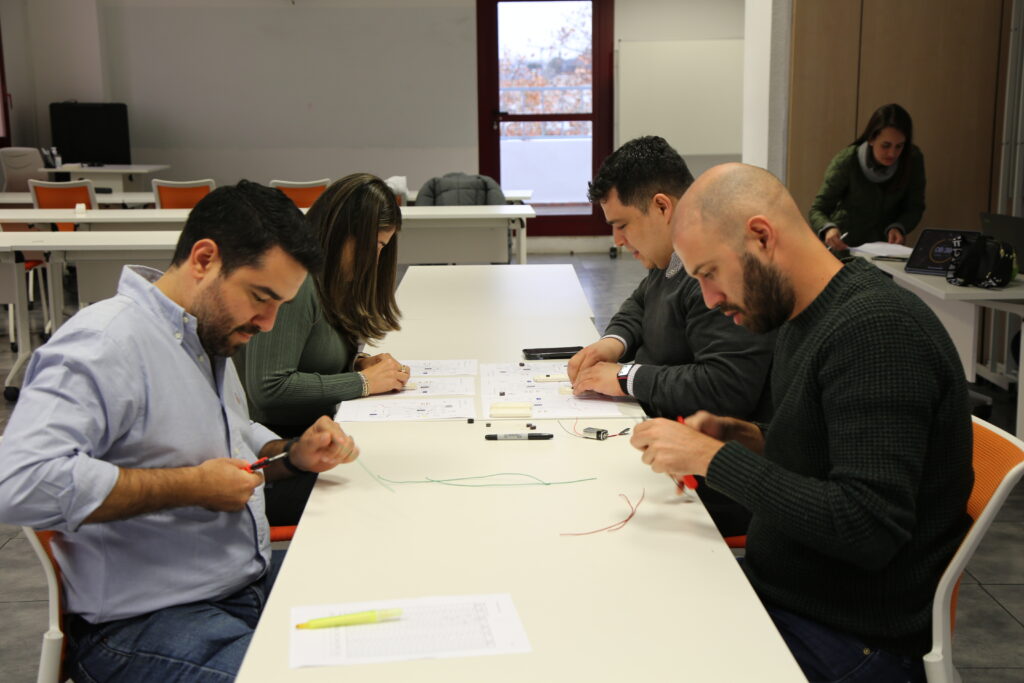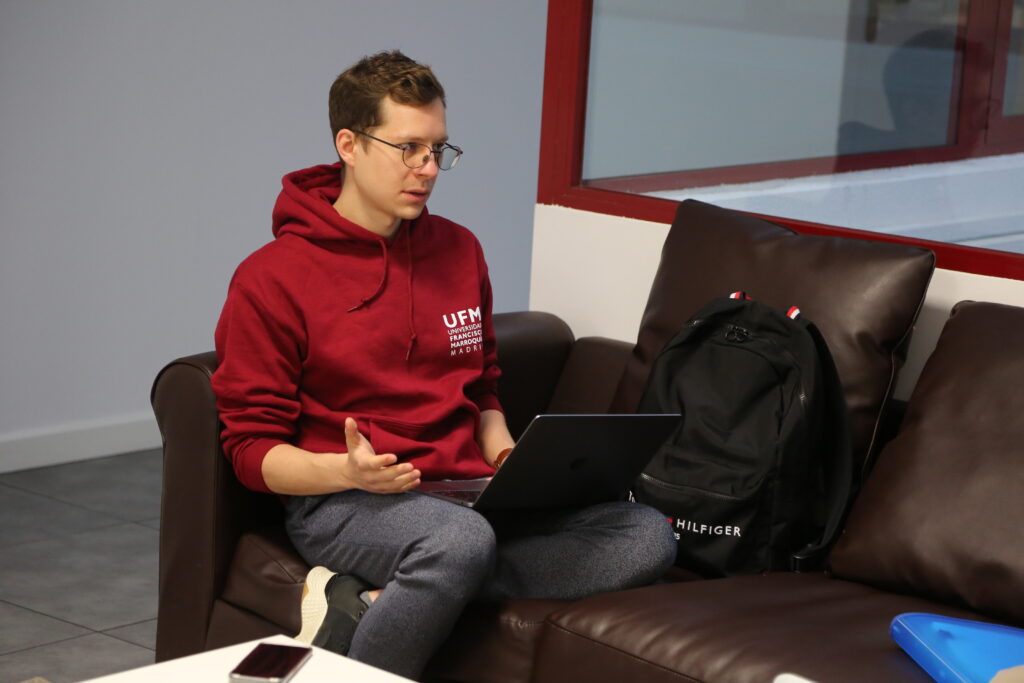Are You an Entrepreneur or Self-Employed? What’s the Difference?
Do you want to build a business that can sustain itself—and be valuable enough to sell to others—or simply create work so you can pay your bills.
Throughout the US, you will find more than three million small business owners. They are their own bosses, experts in their fields, and important members of their communities. Most of them even started their own business or took it over from a family member.
But they are not all entrepreneurs.
Are You an Entrepreneur or Self-Employed?
Many of these good folks, even those with employees and organizations built around them, are simply self-employed. If they didn’t go to work, their business would simply stop.
Maybe not the first day, but without their day-to-day involvement, the business would stop functioning. So to keep things going, they put in long hours and invest themselves day-in and day-out—providing their services to their customers, but often overlooking their own needs and the needs of their business.
Such commitment and drive is admirable, but it can be applied in a better way.
These individuals have built pipelines and customer bases, but without a system to manage them and grow—one that will work even without their day to day management—they’ve essentially just created an exhausting job for themselves—and one with the benefit of paid vacation and a sense of security.
The Self-Employment Trap
In his book The E-Myth Revisited: Why Most Small Businesses Don’t Work and What to Do About It, Michael Gerber delves into this notion of the “self-employment trap.”
Faced with sometimes overwhelming tasks and demands, many business owners spend most of their time working as a technician—or the person with expertise that performs the business service.
If they run a bakery, they bake. Repair shop owners repair. Graphic designers design. Clearly the role of “technician” is important and critical to the business; however, many people neglect the tasks of the manager, who makes sure bills get paid, and the entrepreneur, who grows the business and makes it stronger.
In short, these self-employed technicians spend all of their time delivering the work needed by their customers but often neglect the work needed by the business itself.
Aside from the potentially demanding days and long nights, there’s also no exit strategy. If the business owner wants to retire, the business ends. Because there are no systems and processes in place, there is little (if any) value to sell.
Create a Business or a Job?
Do you want to build a business that can sustain itself—and be valuable enough to sell to others—or simply create work so you can pay your bills? While there’s no shame in paying bills and living by the work of your hands, we believe there are greater mountains to climb.
The Acton Difference
Every year, a new class of Acton students first enter our classroom in Austin with a clear understanding and appreciation for The E-Myth Revisited. It’s just one small part of the foundation for our accelerated MBA program. Here, they learn how to build businesses that work—and that also work for them.
At Acton, we provide the setting, curriculum, and instruction so that aspiring and active entrepreneurs can build their entrepreneurial capacity, and learn how to integrate the systems to manage operations, customers, financing, and people. And, in the process, build businesses with a real value and recurring cash flows that can be harvested down the line.
Learn More
Hear from some Acton alumni who had successful businesses, but decided to take time off to attend Acton’s 2 year MBA program and take their businesses to the next level.
Have other questions about earning your MBA in Entrepreneurship at Acton? Contact us. We’d love to hear from you!
_____










